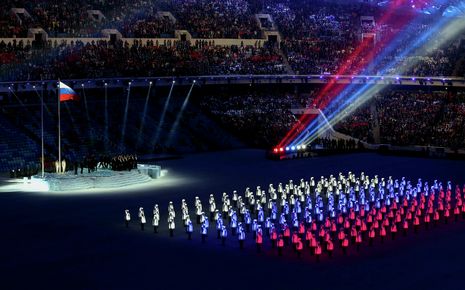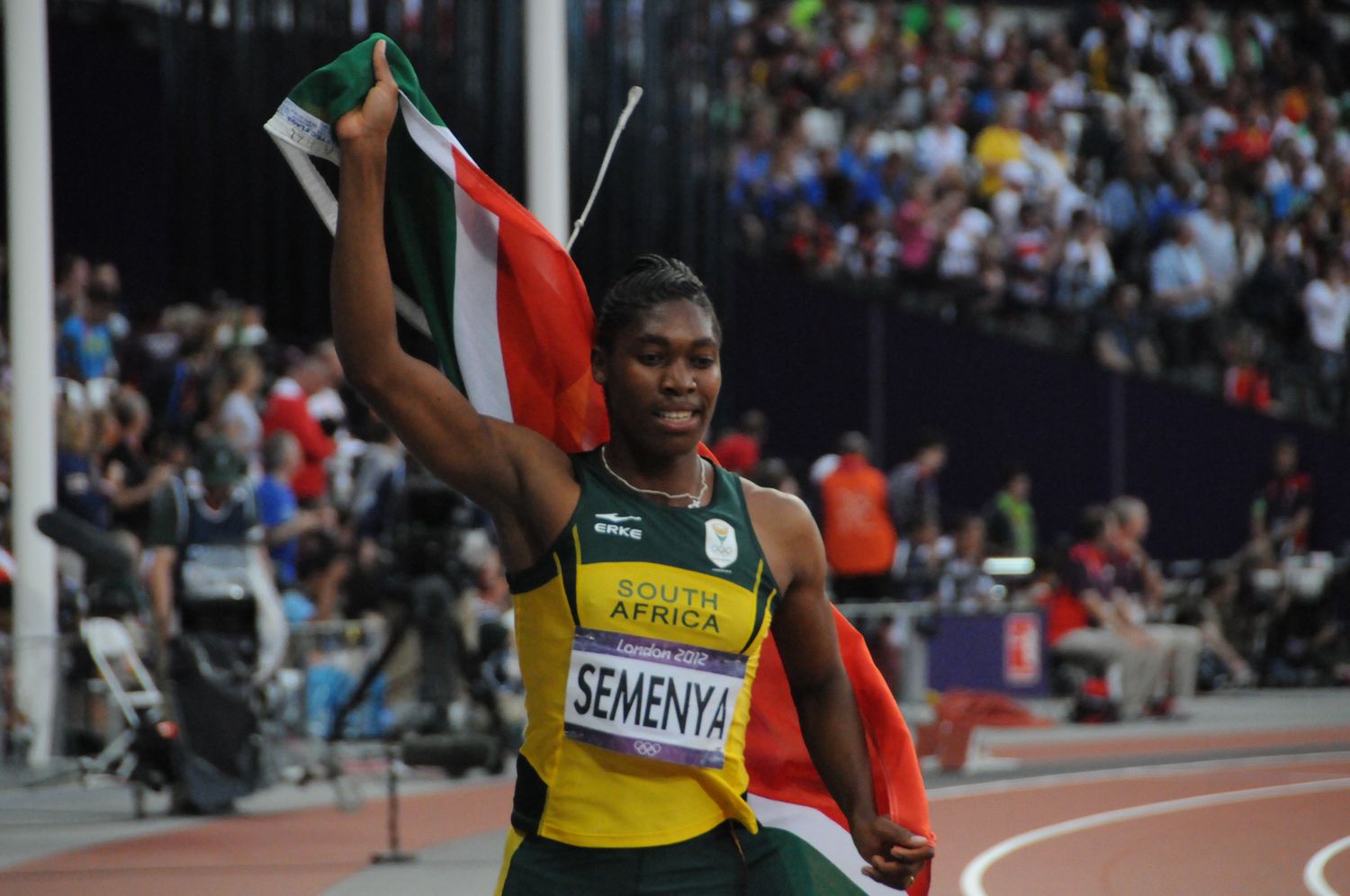Don’t be fooled: the IOC is a cowardly organisation
After a month of devastating war in Ukraine, Harry Atkins argues that the International Olympic Committee has played an unforgivable part in strengthening Vladimir Putin’s regime in Russia

Content Note: Brief mention of the war in Ukraine
As the horrifying Russian invasion of Ukraine continues, reverberations of this shocking conflict have been felt through the world of sport. There has increasingly been a move to ban Russian athletes from competing in global sports events, and to relocate any sporting events that were due to be held in Russia.
One of the most significant sporting reactions to Russia’s aggression came from the International Olympic Committee (IOC). Four days after the Russian invasion of Ukraine on Thursday 24th February, the IOC called for international events to ban athletes from Russia and Belarus. On the surface, this seemed like a strong response to Russian aggression, and a statement that affirmed the sporting world won’t turn a blind eye to Ukraine’s suffering. However, don’t let the IOC’s recent actions mask the fact that, over the past decade, the organisation has simply been cowardly and corrupt, allowing the Kremlin to continue their muddying of Olympic sport.
The IOC recommended banning all Russian and Belarusian athletes “in order to protect the integrity of all global sports competitions”, and yet the organisation has ironically spent the last decade showing very little regard for sporting integrity.
“For far too long, the IOC has been too cowardly to stand up to Russia”
Russian athletes were technically ‘banned’ from competing in all international sporting events back in 2018 after the revelation of their state-sponsored doping scheme at the 2014 Sochi Winter Olympics. But, the reality of this ban is another example of the previously feeble attempts of the IOC to stand up to a global political power on the grounds of enforcing ‘fair’ competition. Russian athletes who ‘proved’ that they were clean could compete under the banner of the Russian Olympic Committee (ROC). This flimsy deterrent only provided Russia with an incentive to continue their state-sponsored doping programme, knowing that the repercussions would be minor.
Take the recent case of 15-year old Russian figure skater Kamila Valieva as an example of the IOC’s disgraceful negligence. Valieva was set to be a star at the recent Beijing Winter Olympics, having become the first female figure skater to land a quadruple jump in the team figure skating event. However, she subsequently tested positive for a banned heart medication, trimetazidine. Valieva must have been advised by her coaches and management to take the performance enhancing drug rather than it being an individual decision, which highlights how there is still an institutional doping problem in Russian sport despite the IOC’s supposedly hardline approach.
“The IOC needs to toughen up in the face of aggressors like Putin because [...] they are simply providing platforms to embolden tyranny”
Yet, this problem could have been avoided entirely if the IOC actually upheld the punishment they claim to have inflicted. The fact that Russian athletes, like Valieva, were allowed to compete at these Winter Olympics makes a mockery of the idea that the IOC is fundamentally concerned about sporting integrity. Aside from Valieva, there were plenty of other ROC athletes at the Games who raised question marks over the fairness of the IOC’s original ban. For example, Alexander Loginov, the bronze medalist in the men’s biathlon relay, had previously tested positive for banned substances, whilst the coach of Alexander Bolshunov, who won gold in the 30km skiathlon, was once suspended for doping offences.
For far too long, the IOC has been too cowardly to stand up to Russia and place a blanket ban over their athletes despite the evidence of repeat doping offences. This backstory suggests that the IOC’s recent move to ban the athletes is part of a pattern shaped by political concerns rather than by sporting issues. Action has been taken in a climate of global condemnation of Russia with few other options available, but prior to this the IOC showed no willingness to risk punishing a global political power who were blatantly disregarding the rules of sport.
If anything, the IOC has played a role in helping bolster Putin’s administration. By awarding Sochi the 2014 Winter Olympics, Putin was given the opportunity to enact his state-sponsored doping scheme and help Russia top the medal table. With Putin’s popularity ratings rising from just above 60% in 2013 to 87% by 2015, the boosting effect of hosting a Games looks evident. The exact same accusations could be laid at the door of FIFA, as they were forced to reverse their call not to ban Russia from global football competitions after a significant backlash to their original decision, which would obviously have seen the Kremlin financially benefit from such involvement.
Sport ultimately has to take a backseat in light of the atrocities being committed against innocent civilians in Ukraine. However, this sporting tale isn’t a completely insignificant one. Putin is well aware of the impact that sport can have on his image and level of support in Russia. He certainly used the 2014 Winter Olympics, along with the 2018 World Cup, to bolster it, building up the confidence of a man who believes he can get away with invading another country. The IOC needs to toughen up in the face of aggressors like Putin because, in their current manner of cowardice, they are simply providing platforms to embolden tyranny.
 News / Colleges charge different rents for the same Castle Street accommodation2 March 2026
News / Colleges charge different rents for the same Castle Street accommodation2 March 2026 News / King’s hosts open iftar for Ramadan3 March 2026
News / King’s hosts open iftar for Ramadan3 March 2026 Theatre / Lunatics and leisure centres 4 March 2026
Theatre / Lunatics and leisure centres 4 March 2026 News / Angela Merkel among Cambridge honorary degree nominees27 February 2026
News / Angela Merkel among Cambridge honorary degree nominees27 February 2026 News / News in Brief: waterworks, wine woes, and workplace wins 1 March 2026
News / News in Brief: waterworks, wine woes, and workplace wins 1 March 2026









